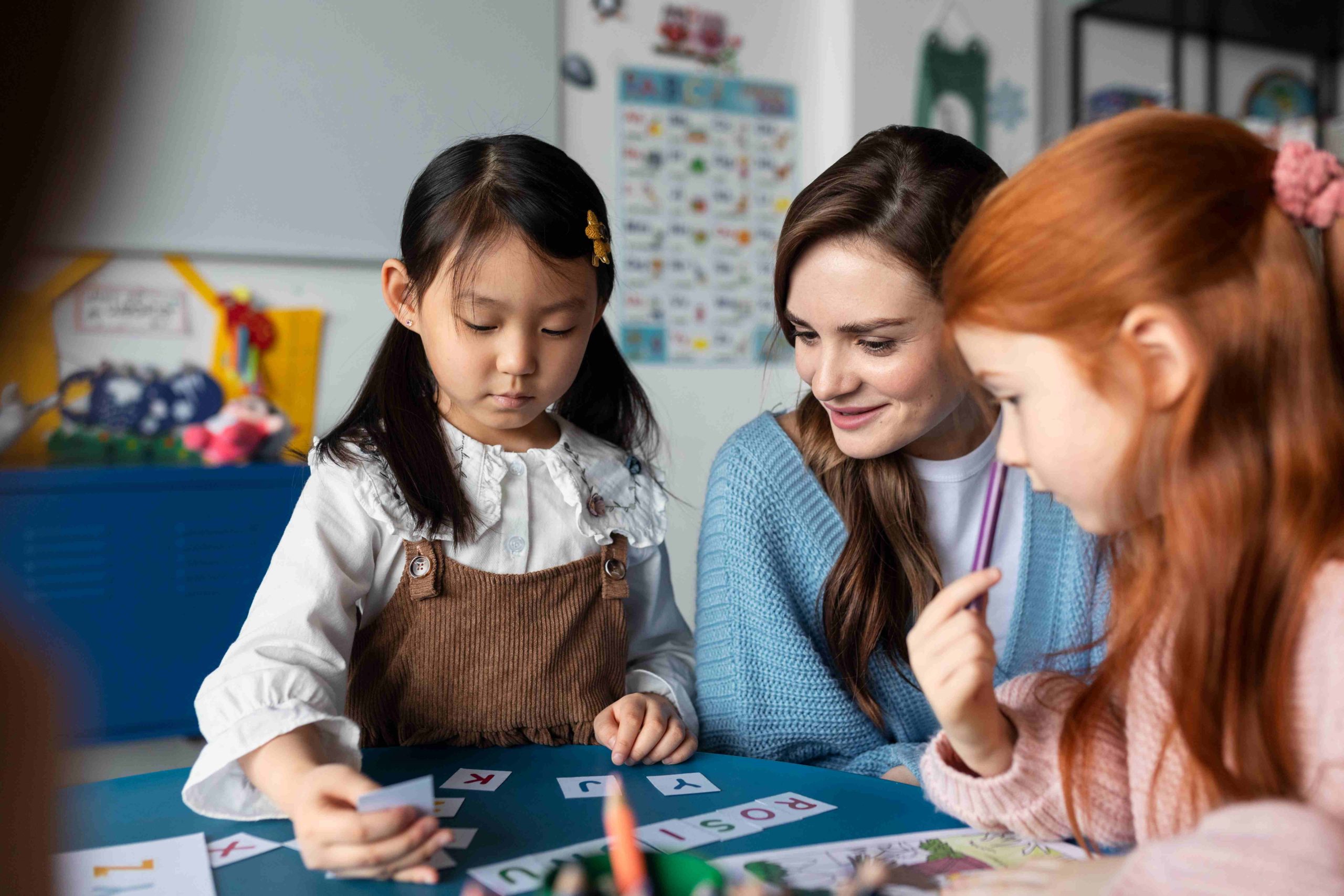
Preschool Learning Kits: A Powerful Tool for Supporting Preschoolers’ Transition to Kindergarten
Understanding Preschool Learning Kits
A preschool learning kit encapsulates a collection of educational resources tailored to bolster early childhood development. These kits encompass a spectrum of materials, ranging from books to puzzles and flashcards, aiming to enrich preschoolers’ cognitive, social, emotional, and physical faculties. They are readily available for purchase online, in toy stores, or educational outlets.
Significance of Preschool Learning Kits
Preschool learning kits hold paramount importance for several reasons. Firstly, they furnish preschoolers with hands-on learning experiences that ignite curiosity and foster creativity. Secondly, they offer parents a seamless means to augment their children’s learning at home, devoid of formal teaching expertise or exorbitant costs. Thirdly, these kits facilitate the cultivation of crucial skills requisite for a seamless transition to kindergarten, encompassing problem-solving, language proficiency, social adeptness, and self-regulation. Lastly, engaging with preschool learning kits fosters enjoyable bonding moments between parents and preschoolers, concurrently nurturing learning.
Empowering Transition to Kindergarten
Preschool learning kits serve as instrumental aides in easing preschoolers’ transition to kindergarten through multifarious avenues. Firstly, they acquaint preschoolers with kindergarten’s learning paradigms, acquainting them with concepts like counting, reading, writing, and social interaction. Secondly, they fortify preschoolers’ cognitive, social, emotional, and physical competencies, enabling them to adeptly navigate kindergarten demands. Thirdly, these kits nurture confidence, self-reliance, and a positive learning ethos, indispensable for a smooth transition. Lastly, they assist parents and preschoolers in establishing a seamless continuum between home and school routines, assuaging transition-induced anxieties.
Maximizing Preschool Learning Kits’ Efficacy
When selecting and utilizing preschool learning kits, adhering to prudent guidelines augments their effectiveness manifold. Firstly, align the chosen kit with preschoolers’ age, interests, and developmental milestones. Secondly, opt for kits encompassing a diverse array of skills and activities, ensuring holistic development. Thirdly, involve preschoolers in kit selection and usage to heighten motivation and engagement. Fourthly, ensure consistent utilization of the kit, ideally integrating it into daily routines to instill habitual learning. Fifthly, extend support and encouragement to preschoolers while fostering independence and exploration. Lastly, view the kit not as a regimented task list but as a springboard for further exploration and learning.
Diverse Learning Pathways
While preschool learning kits prove potent, they represent merely one facet of the plethora of resources available for preschoolers’ educational journey. Parents can complement kit usage with activities such as reading, games, crafts, and outdoor pursuits, fostering multifaceted skill development and personalized learning experiences. Nonetheless, it’s imperative to acknowledge that preschool learning kits offer a structured approach to learning, particularly beneficial for parents unfamiliar with early childhood education or favoring structured methodologies.
Navigating the Transition to Kindergarten
Preschool learning kits serve as invaluable allies in facilitating preschoolers’ transition to kindergarten. By furnishing an array of interactive learning experiences, these kits prepare preschoolers for the cognitive and social rigors of kindergarten, nurturing crucial skills and attitudes. Nevertheless, judicious utilization is paramount, with parents supplementing kit usage with diverse activities catering to preschoolers’ individual interests and needs. Ultimately, the transition to kindergarten heralds the commencement of a transformative educational odyssey, wherein parental support and engagement form the bedrock of preschoolers’ scholastic success.


